Two Gratitude Prayer Activities for Class or Home Use
It's super helpful to turn discussion into an activity rather than a speech. Here are two fun ways you can do that on the subject of thanksgiving and gratitude that give you plenty of opportunities to share insights.
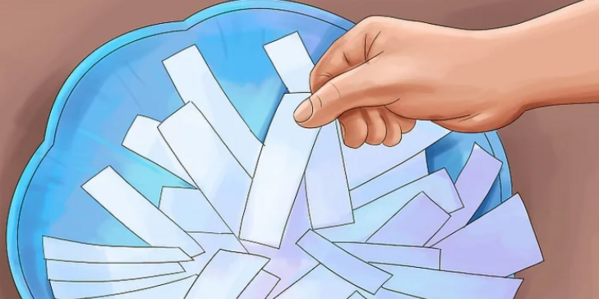
1. Prayer Bowls
Label three bowls and place them on the table:
Bowl 1: Things I should or should not ask God for. Write "should ask for" on one side of a card in the bowl, and "probably should not ask for" on the other side of the card. When it's your turn and you have to play this bowl, take the card out and flip it like a coin and answer the question that lands face up.
Bowl 2: Something in my life that I want to thank God for (to be shared aloud)
Bowl 3: Something God has given us to do that we are thankful for. (whole group must come up with an answer)
Take turns rolling a dice to see "which bowl" to interact with.
See more Prayer activity and resources here at Rotation.org 
2. Pantomime Prayer Head Bands:
"Things We Should Be Grateful to God For"
Write the following "gratitude clues" on small cards and place them face down on the table. Seated in a circle, on their turn a "player" lifts one card to their forehead without looking at what's written on the card --and so that only the other players can see what it is.
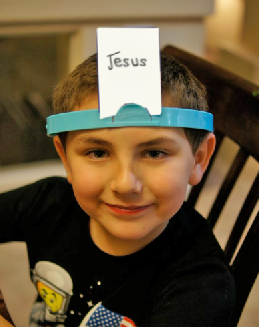
One at a time, each of the other players PANTOMIMES what's on the card and the player tries to guess what's on the card.
After several attempts, the player holding the card can ask the entire group some questions. They can answer without using any of the words on the card.
Possible "Grateful for" cards: Life, Love, Faith, Jesus, Salvation, Friends, Being Able to Talk With God, forgiveness, The Bible. People who love me, Laughter. After your first round, have each player come up with new cards.
Note: I'm not here to argue with Bible verses that say "ask for everything/anything" when you pray. To me, those verses are more about the closeness we should feel with God --that we can say anything even if it's "off" or unrealistic and open ourselves to a better way with God's leading. God wants to hear it all, but doesn't want us to stop there. God wants us to listen and learn, and figure out what NOT to pray about (see Luke 18 for one such example). My understanding of prayer is embodied in the great "Serenity Prayer" first published in 1932 by theologian Reihold Niebuhr:
God, grant me the serenity to accept the things I cannot change,
courage to change the things I can,
and wisdom to know the difference.


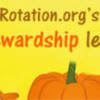
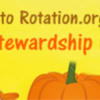




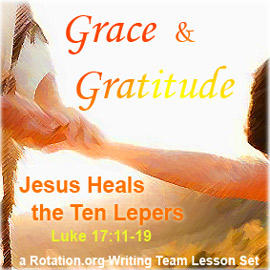




 Both 'Cal and Marty" & 'Awesome Bible Stories" software programs are now available FREE OF CHARGE to download here at Rotation.org to the supporting members of Rotation.org.
Both 'Cal and Marty" & 'Awesome Bible Stories" software programs are now available FREE OF CHARGE to download here at Rotation.org to the supporting members of Rotation.org.
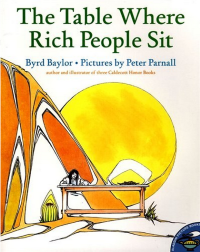

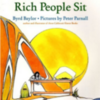


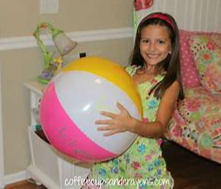

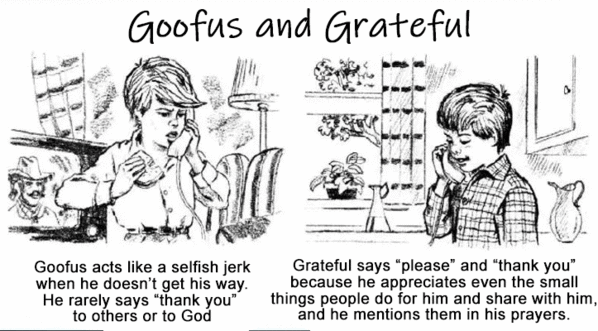
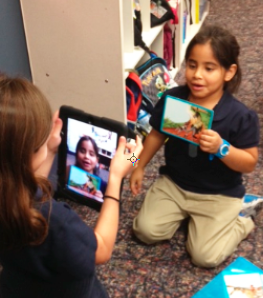


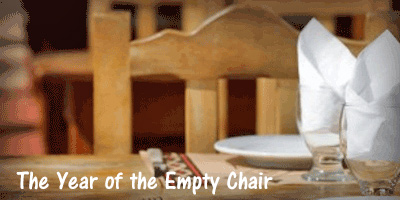



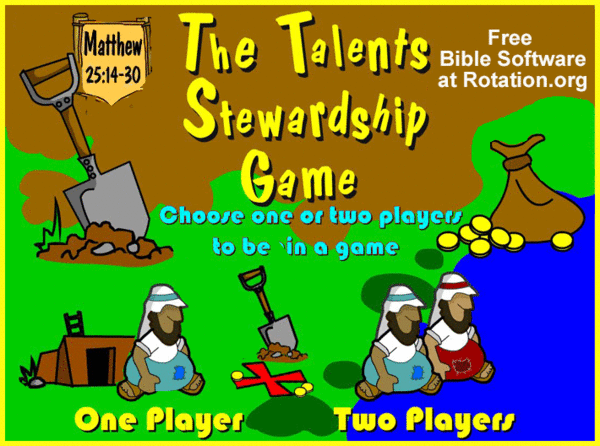

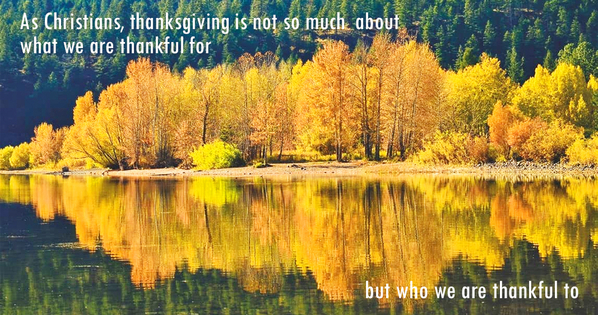












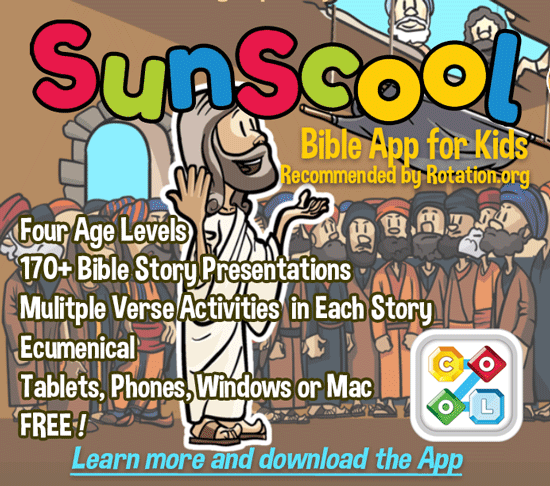

 Discussion Starter Ideas:
Discussion Starter Ideas:



